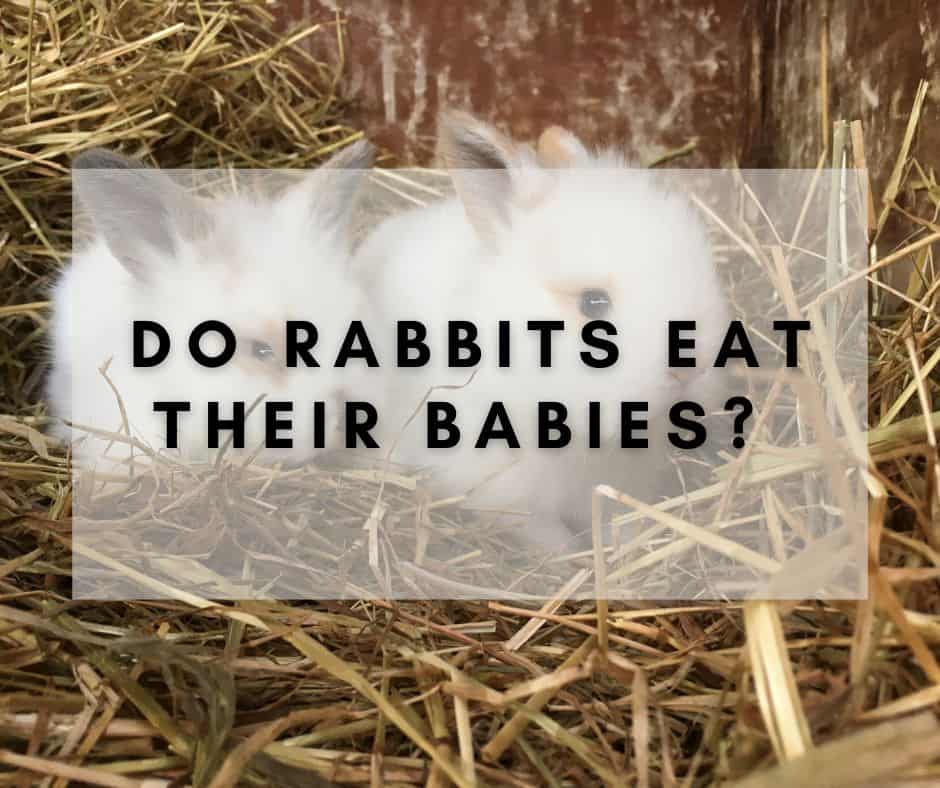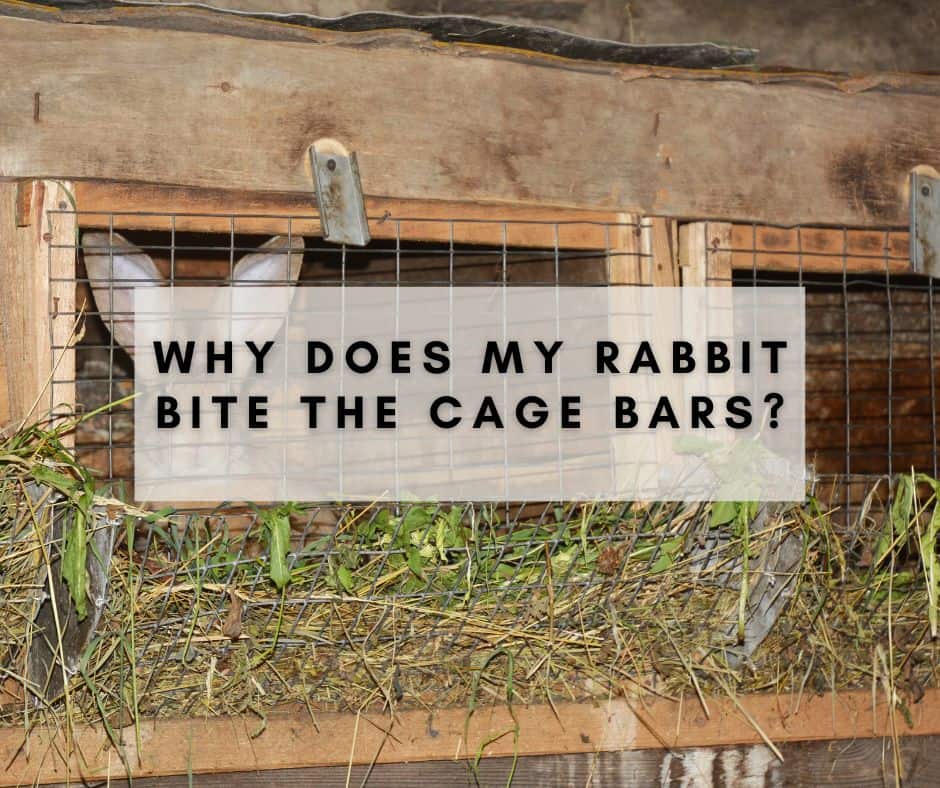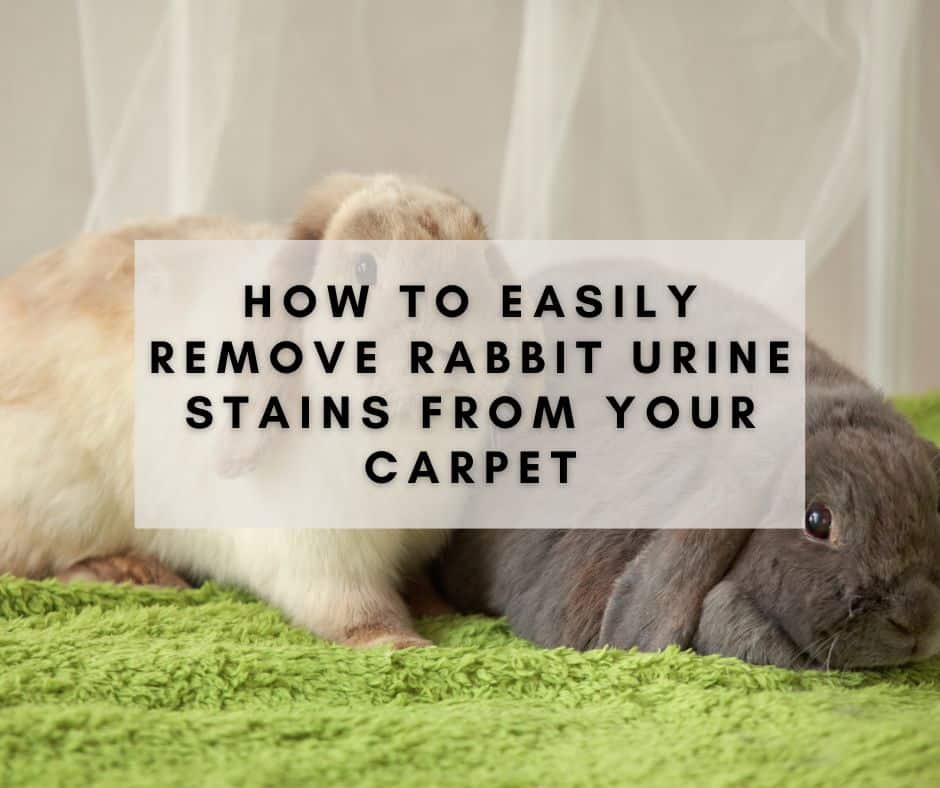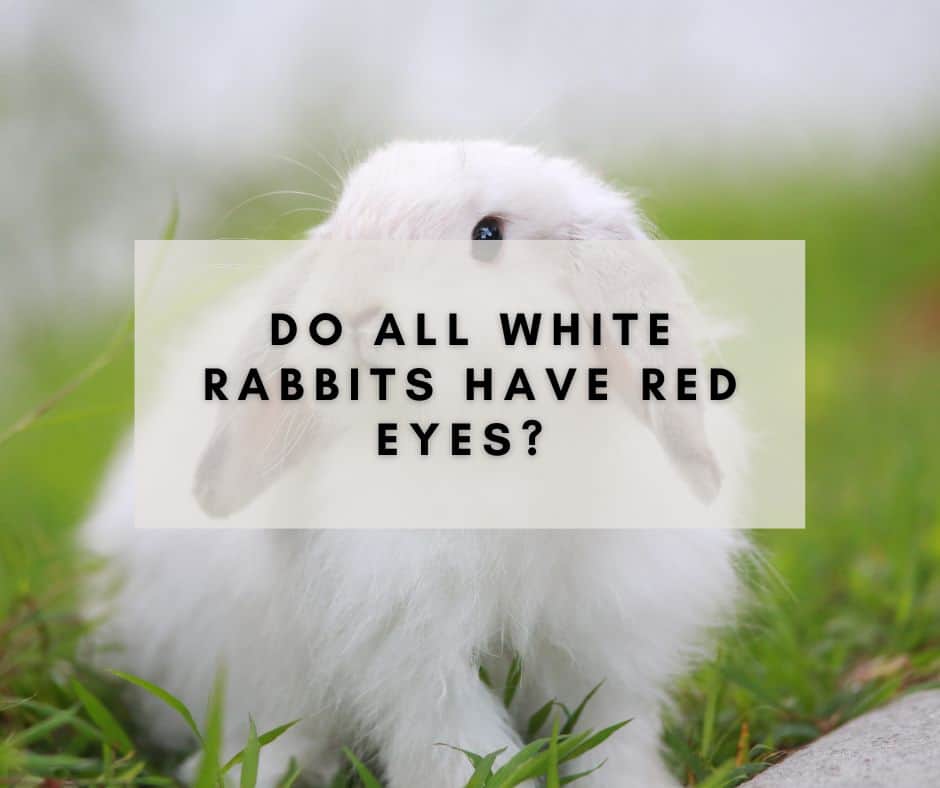If you are a rabbit owner, you may be wondering if rabbits can eat their babies. Unfortunately, the answer is yes. Cannibalism in rabbits is a rare but natural behavior that can occur for a variety of reasons.
One reason why rabbits may eat their babies is due to stress. If a mother rabbit feels threatened or anxious, she may resort to eating her young as a way to protect them from perceived danger. Additionally, if a litter is too large, the mother may eat some of her babies to ensure the survival of the others.
While cannibalism in rabbits is not common, rabbit owners need to be aware of this behavior and take steps to prevent it from happening. Providing a safe and stress-free environment for your rabbits, as well as monitoring their behavior closely, can help prevent this unfortunate behavior from occurring.
Contents
Do Rabbits Really Eat Their Babies?
If you’re a rabbit owner, the thought of your sweet, fluffy pet eating its babies can be alarming. The truth is, while it’s not common, rabbits can and do sometimes eat their young. This behavior is known as filial cannibalism.
There are several reasons why a rabbit might eat its babies. One reason is stress. If a rabbit is stressed, it may become agitated and feel the need to protect itself. In some cases, this can lead to the mother rabbit attacking and killing her own young.
Another reason why rabbits might eat their babies is due to a lack of nutrients. If a mother rabbit isn’t getting enough food or water, she may not be able to produce enough milk to feed all of her young. In this case, she may eat some of her babies as a way to conserve her resources and focus on the ones that are most likely to survive.
It’s important to note that not all rabbits will exhibit this behavior. Many rabbits are excellent mothers and will do everything they can to protect and care for their young. However, if you’re concerned about your rabbit potentially eating her babies, there are steps you can take to minimize the risk.
- Ensure that your rabbit has a stress-free environment.
- Provide your rabbit with plenty of food and water.
- Monitor your rabbit closely during the birthing process.
- If you notice any signs of aggression or stress, separate the mother from her young.
Reasons Why Rabbits Eat Their Babies
Lack of Resources
If a rabbit feels that there are not enough resources to support all of her offspring, she may eat some of them. This is because rabbits have a strong instinct to ensure the survival of their species, and sometimes that means sacrificing a few individuals for the greater good. Lack of resources can include not enough food, water, or space.
Stress
Rabbits can become stressed for a variety of reasons, such as changes in their environment, loud noises, or the presence of predators. When a rabbit is stressed, she may eat her babies as a way to cope with the situation. This may seem counterintuitive, but it is a common behavior in many animals.
Inexperience
First-time mothers may not know how to properly care for their offspring, and may accidentally harm them or neglect them. In some cases, the mother may eat her babies because she does not understand what she is supposed to do. This is why it is important to monitor new mothers closely and provide them with the resources they need to be successful.
In conclusion, rabbits may eat their babies for a variety of reasons, including lack of resources, stress, and inexperience. While this behavior may seem shocking to humans, it is an instinct in many animals, including rabbits. By understanding why rabbits eat their babies, you can take steps to prevent this behavior from occurring in your rabbits.
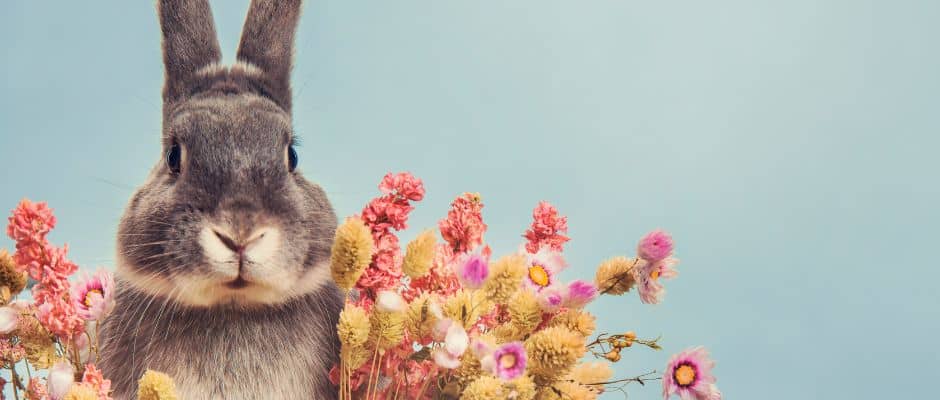
Preventing Cannibalism in Rabbits
Proper Nutrition
Proper nutrition is essential in preventing cannibalism in rabbits. Ensure that the pregnant rabbit is receiving a balanced diet with adequate amounts of protein. Feeding the mother rabbit a diet high in dietary protein will reduce the occurrence of cannibalism in newborn rabbits.
After giving birth, the mother rabbit should be provided with unlimited hay and fresh water. A slow introduction of pellets should be given to the mother rabbit, and the amount should be gradually increased. This will help maintain her health and ensure that she has enough milk to feed her newborn rabbits.
Distracting Mother Rabbit
One way to prevent cannibalism in rabbits is to distract the mother rabbit. This can be done by providing her with toys to play with or by placing a mirror in her cage. These distractions will help keep the mother rabbit occupied and reduce the likelihood of her attacking her newborn rabbits.
Another way to distract the mother rabbit is to provide her with a nesting box. The nesting box should be placed in a quiet and dark area of the cage. This will provide a safe and comfortable space for the mother rabbit to care for her newborn rabbits.
In conclusion, preventing cannibalism in rabbits is crucial for the health and well-being of newborn rabbits. Proper nutrition and providing distractions for the mother rabbit are two effective ways to prevent this behavior. By following these tips, you can ensure that your pregnant rabbit and her newborn rabbits are healthy and happy.
Conclusion
After researching and analyzing various sources, it is safe to say that rabbits do not typically eat their babies. While it is not unheard of for a mother rabbit to accidentally injure or kill her young, it is rare for her to intentionally consume them.
It is important to note that rabbits, like any animal, can exhibit unpredictable behavior. In some cases, a rabbit may eat her young due to stress, illness, or lack of food. However, these instances are not common and should not be considered the norm.
If you are a rabbit owner, it is crucial to provide your pet with a healthy and stress-free environment. This includes providing ample food, water, and space, as well as ensuring that the rabbit is not exposed to any potential predators or sources of stress.
Overall, while the idea of rabbits eating their babies may be unsettling, it is not something that should cause undue concern for most rabbit owners. By providing proper care and attention, you can help ensure the health and well-being of your pet and her offspring.

